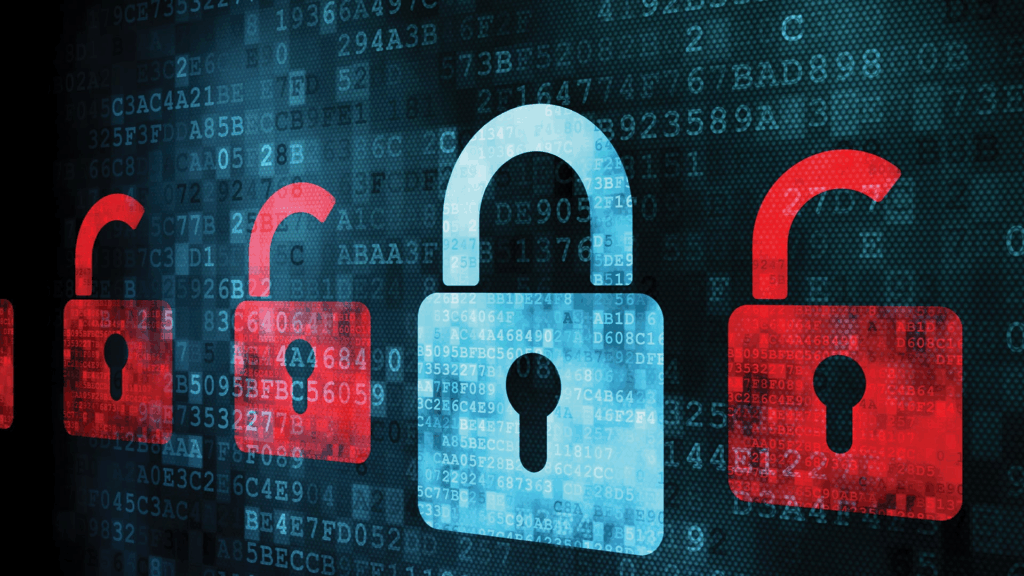The Tor drug market has simultaneously fascinated, intrigued, and alarmed people across the globe. Often associated with hidden online platforms and anonymity, these markets flourish in the less-regulated corners of the internet. But how do these markets operate, what are the risks they entail, and how are law enforcement agencies combating illegal activities on these platforms? Let’s take a closer look.

What Are Darknet Markets?
Darknet markets are online platforms, accessible only through special anonymity-preserving software such as Tor, where illicit goods and services are traded. Unlike the surface web—which is indexed by search engines and accessible through standard browsers like Chrome or Firefox—the darknet operates on encrypted networks referred to as “onion networks.” These platforms are often known as “darknet sites” or “onion dark websites” and provide a layer of anonymity for buyers and sellers.
While Tor is primarily known for enabling access to these networks, the broader darknet comprises various technologies and tools that ensure user privacy. Marketplaces on this encrypted web sell items ranging from counterfeit documents to hacking tools, and even more commonly, narcotics.
Darknet markets have become synonymous with illicit trade, but understanding their structure helps us comprehend why they persist despite significant risks and legal action.
Goods and Services Found on Darknet Marketplaces
Darknet marketplaces, including those associated with the Tor drug market, offer a vast array of goods and services. These aren’t the typical items you’ll find on online marketplaces like Amazon or eBay. Common categories include:
1. Drugs and Narcotics
The Tor drug market gained fame primarily for facilitating illegal drug sales. Users can find a wide array of substances, including cannabis, synthetic drugs, prescription medication, and psychedelics. Touted as offering “high-quality” products, sellers often display customer reviews meant to mimic a traditional e-commerce shopping experience.
2. Counterfeit Goods
From fake passports and IDs to knockoff luxury goods, counterfeit products are a staple on many darknet websites. Buyers look to darknet sites for items that circumvent legal regulations or financial restrictions.
3. Hacking Tools and Services
Darknet sites frequently offer hacking tools like ransomware kits or keyloggers, alongside “services” like credential theft or cyberattacks against businesses or individuals.
4. Data and Personal Information
The sale of stolen data, such as credit card details, social security numbers, and login credentials, continues to thrive on darknet markets. Such transactions present a significant risk to cybersecurity.
5. Weapons and Contraband
Although less prolific now due to increased law enforcement focus, weapons, and other contraband are occasionally sold on darknet market lists.
The varied inventory of these darknet marketplace listings stems from their anonymous nature, allowing sellers to market items without fearing immediate repercussions.
Risks and Dangers of Darknet Market Transactions

Accessing and engaging with darknet markets comes with significant risks, both legal and personal. Here are several prominent concerns:
1. Legal Consequences
Purchasing from or participating on darknet marketplaces is typically illegal in most jurisdictions. Even accessing these markets might raise red flags for authorities monitoring darknet activity. Buyers and sellers alike risk arrest, hefty fines, and potential imprisonment if caught.
2. Scams and Fraud
Not every transaction on a darknet site ends in a successful purchase. Many users report being scammed or receiving counterfeit or substandard goods. With limited avenues for dispute resolution, buyers are often left powerless.
3. Exposure to Malware
Downloading files or accessing links on these sites can expose users to malware and phishing attempts. Even anonymity tools like Tor can’t protect users from malicious cyber threats lurking in darknet marketplaces.
4. Ethical Implications
Engaging in darknet trade raises serious ethical questions. These markets fuel criminal enterprises, exploit individuals, and contribute to societal harms such as addiction, identity theft, and more.
The risks associated with these markets far outweigh any perceived convenience they might offer, making them dangerous ground for anyone considering access.
Law Enforcement’s Battle Against Darknet Marketplaces
Authorities worldwide are fighting a relentless battle against the illegal activities facilitated by darknet marketplaces. Although the anonymity of these platforms poses challenges, law enforcement has had some notable successes.
1. Shutting Down Platforms
Major marketplaces, such as Silk Road and AlphaBay, have been shut down in highly publicized operations. These takedowns serve as a warning to other darknet sites and their users.
2. Arrests of Sellers and Buyers
Law enforcement agencies track darknet activities through sophisticated investigative techniques, including infiltrating forums, analyzing blockchain transactions, and even deploying undercover agents.
3. Global Collaborative Efforts
International coalitions like INTERPOL and Europol have played a critical role in cracking down on darknet websites. Their collaborative efforts improve the ability to share intelligence and resources while combating cybercrime across borders.
4. Public Awareness Campaigns
Governments also work on educating the public about the risks and illegality of engaging with darknet markets. Raising awareness about scams, malware, and ethical concerns has proven effective in deterring some potential users.
While law enforcement has made strides in combating these illegal activities, the adaptability and resilience of darknet marketplaces ensure that this fight is far from over.
A Balanced Perspective on the Tor Drug Market
Understanding the Tor drug market and broader darknet marketplaces requires a nuanced perspective. On one hand, these platforms highlight the power of technologies like Tor to enable free expression and protect privacy. On the other hand, they expose the darker sides of anonymity, such as illegal trade and exploitation.
While the allure of accessing hidden markets might tempt some, it is crucial to weigh the significant legal and ethical risks they pose. The dangers of engaging in these markets—from scamming to potential criminal charges—far outweigh any perceived benefits.
Public awareness, ethical consideration, and ongoing law enforcement efforts remain vital in addressing the challenges posed by darknet marketplaces.

